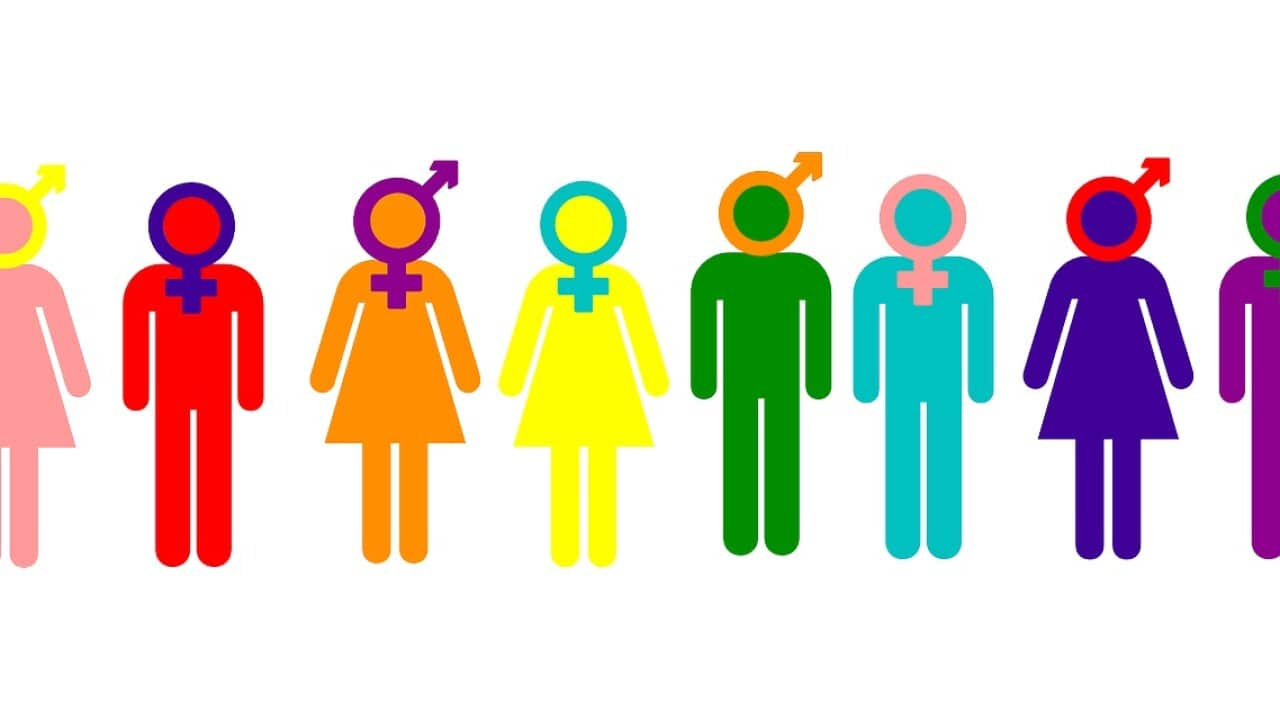I always remember my first day at school, just past my 4th birthday. I remember walking up to the door of the classroom for prep, looking in and instantly feeling really like I didn’t fit. Maybe I couldn’t explain what was going on in “big adult words” but I knew there was something. Why didn’t I fit? That was the first day of my 13 years at an all boys’ school. (Maybe I need to say “’presumed’ all boys.”) No wonder I didn’t feel like I fitted. It took until I was 29 to find out accurate information about gender identity – a lot of wasted time.
Getting young trans and gender diverse (TGD) people onto their true path as quickly as possible, obviously with appropriate processes now backed up with 15 years of success, prevents such waste - as well as much more - and is clearly in the child’s best interests. It enables a TGD person to start life on a more equitable footing in comparison to the general population. For those needing puberty delaying medications (which commence around age 12) they are spared the distress of puberty whereby their sense of identity pulls them in one direction while their body is pulled in another; rather, they can, in a sense, stay whole.
While since July 2013 Family Court processes are no longer required for this stage of assistance, it is still necessary to seek Family Court approval for irreversible hormones at age 16. This adds to the stress for young people and their families, creates time and cost for supportive health professionals and also creates time and cost for the Family Court. It is welcome news that a cross-section of our politicians share the common sense view that getting this away from the Family Court is therefore beneficial for all. Also, due to an unrelated legal case, Australia is the only country in the world that experiences this unnecessary legal hurdle. Finally, those needing surgery can have that once they are 18; being of legal age, it then becomes totally their call anyway.
The needs of parents are also important. Increasingly, parents (and other family members) are supportive and simply want to love and affirm their TGD family members, of all ages. The cost, time and sometimes negative attitudes from some parts of society can, however, make this more challenging. As the saying goes “who cares for the carer?” Space for parents and loved ones to share their journeys and assist each other is therefore vital.
One of the bigger and louder negative attitudes facing TGD young people and families is ideas such as “you’re too young to know” and “wait until you’re 18.” The ludicrous idea that people live 17 years and 364 days with no emotional maturity and self-awareness and then suddenly on their 18th birthday wake up with some degree of maturity needs to be put away once for all. TGD people across all generations have known about our lives; it is time to learn from earlier generations and prevent the mistakes of the past that have result in much wasted potential – and even worse forms of waste.
If we want to see the benefits of getting young TGD people onto their true path in the most effective way, we only have to look at the amazing example set by Georgie Stone in . Here is someone who at 16 is, for all intents and purposes, fully settled in relation to their gender, is exhibiting huge poise and wisdom and can now just live their life. As one person said on social media, “she could be a leader in anything!” Certainly Georgie will be able to achieve far more of their potential for the benefit of themselves, their loved ones and society overall – definitely no waste or any sort.
And that is definitely in the best interests of the child.
is Executive Director of Transgender Victoria; the views expressed are her own.












